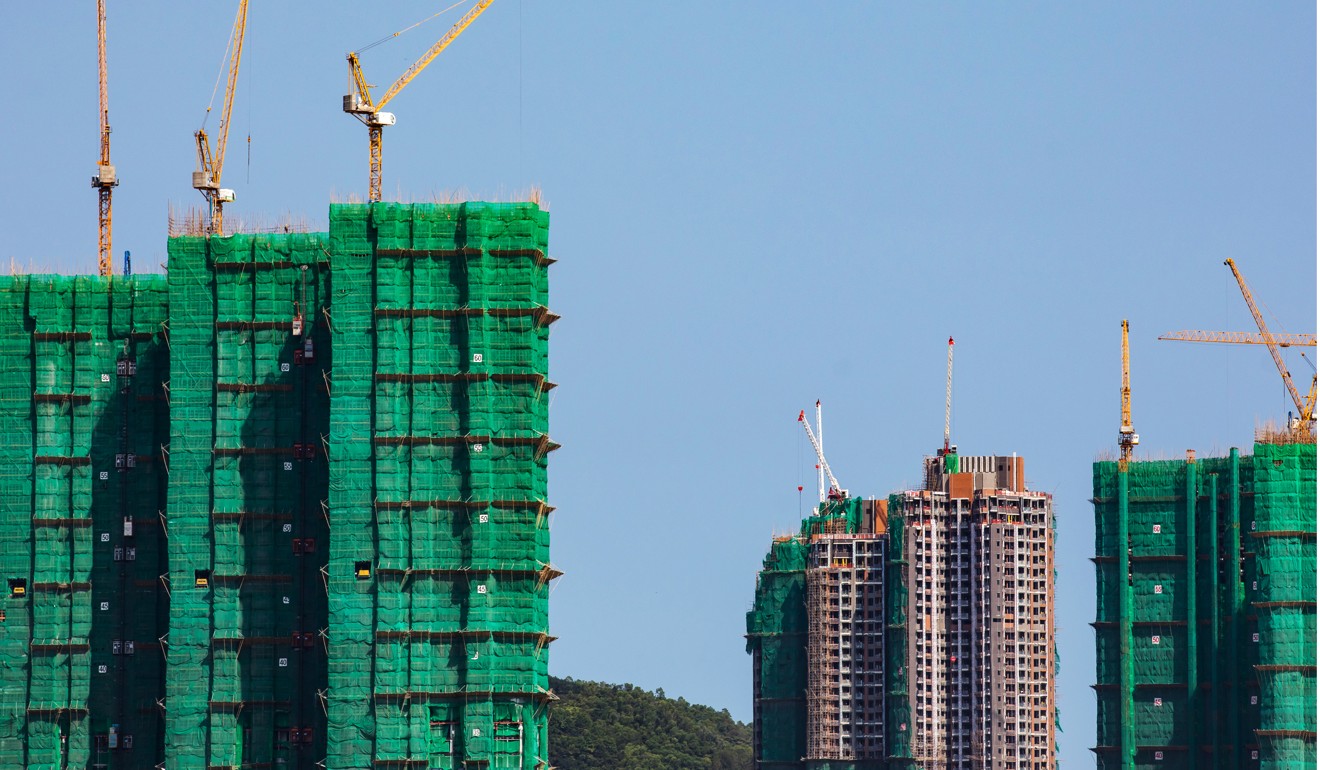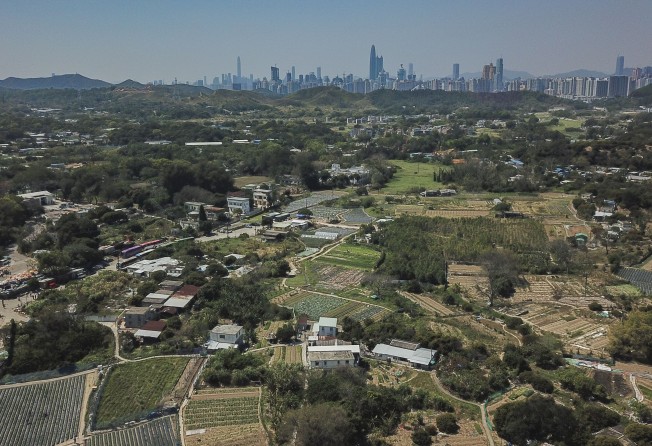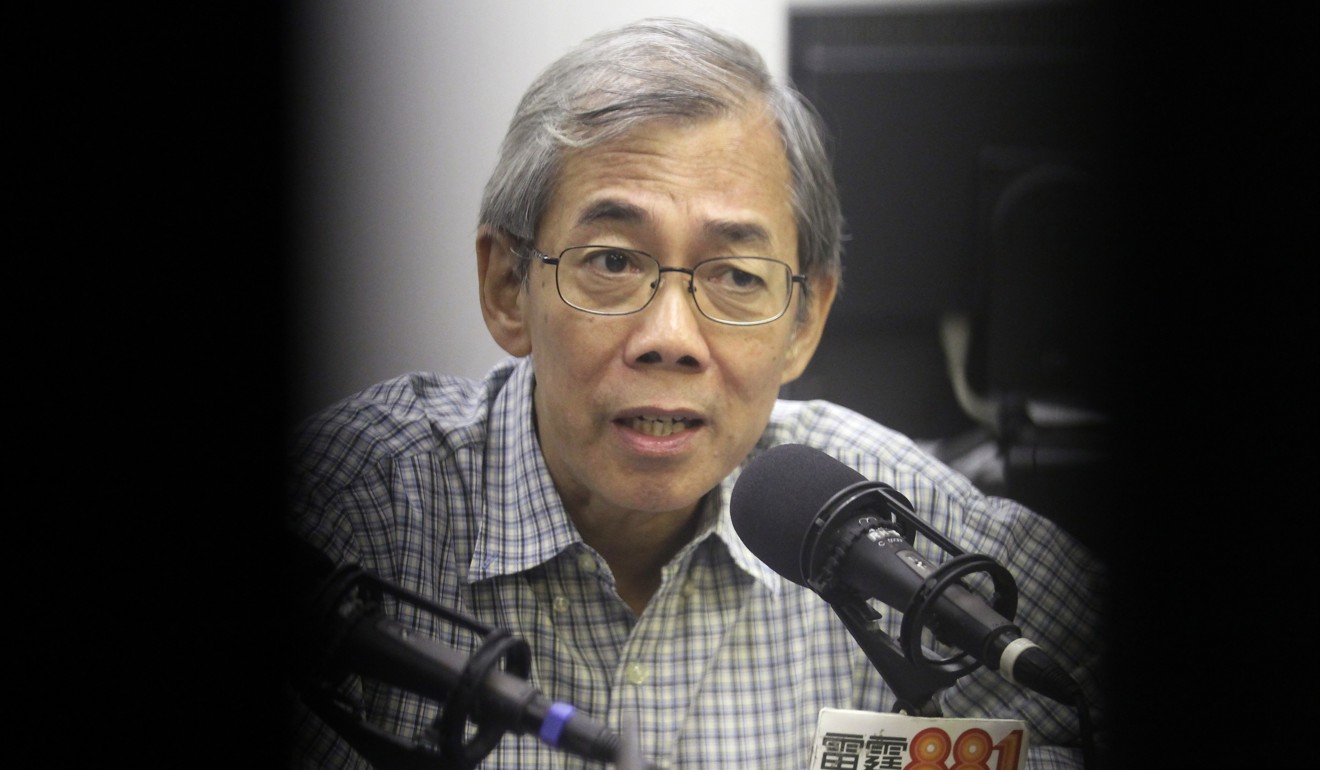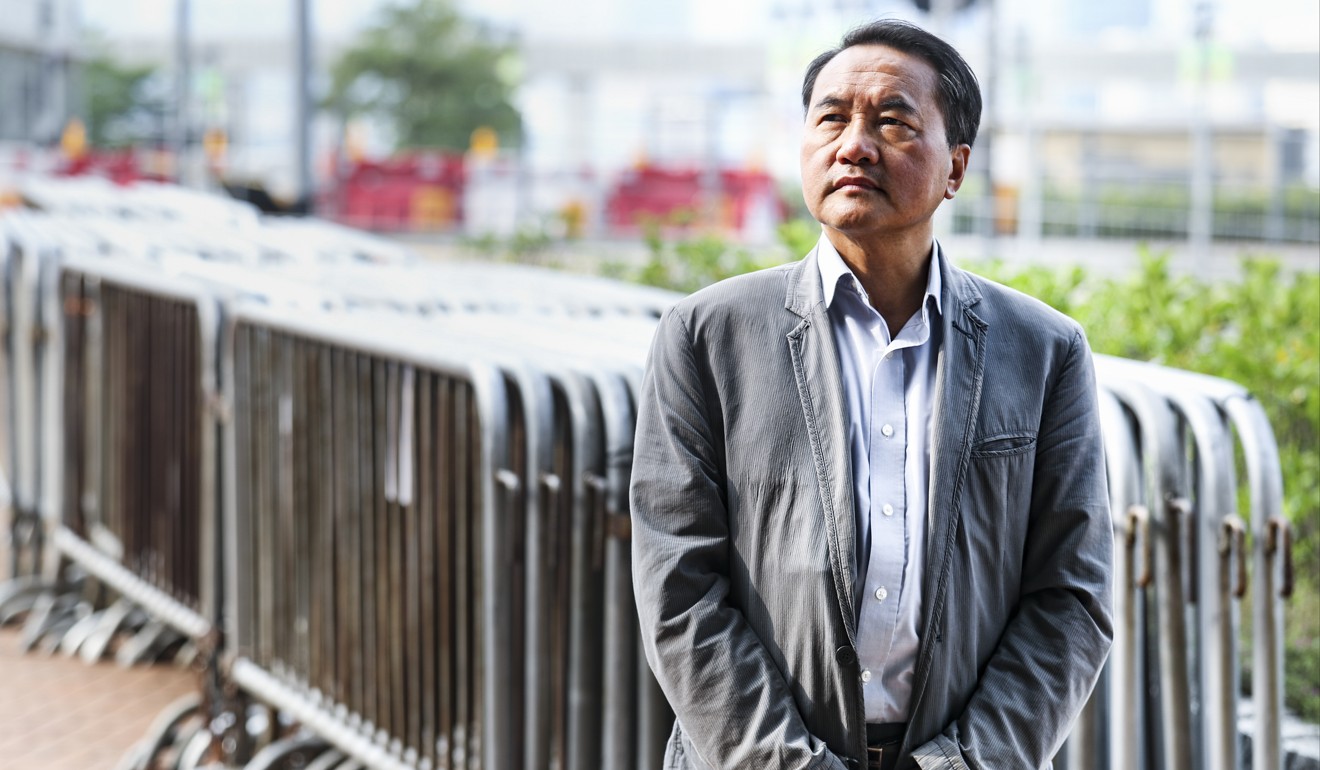
Slack policy on declaring interests sparks concerns over panel vetting proposals for Hong Kong housing schemes
Members need only tell Land and Development Advisory Committee of any conflicts of interest as soon as practicable before discussions, Post has learned

Advisers tasked with vetting housing projects proposed by private developers are only required to declare their interests on an ad hoc basis, the Post has learned, whereas other land advisory panels have publicly available declarations.
The less rigorous practice sparked concerns over the Land and Development Advisory Committee’s independence and whether it could safeguard public interests.
The Post earlier reported that at least four advisers on the committee including its chairman and three non-official members had close connections with developers.
The 26-strong panel, tasked by Chief Executive Carrie Lam Cheng Yuet-ngor to advise on mixed housing projects proposed by developers on their own farmland, has 20 non-official members, with nine nominated by professional and trade groups.

It advises the government on matters including specific development proposals and projects initiated by NGOs or developers.
While the government had said a declaration of interests system was in place, no information was made available to the public.
In a reply to the Post, the Development Bureau said the system was premised on requirements normally applicable to advisory bodies.
A bureau spokeswoman said the chairman and members had to disclose any personal or pecuniary interests on any matter under consideration as soon as practicable after the person became aware of it before the discussion.
“The chairman [or committee] shall decide whether the member disclosing an interest may speak or vote on the matter, remain in the meeting as an observer, or should withdraw from the meeting,” she said.
However, two other land-related bodies under the bureau – the Lantau Development Advisory Committee and Task Force on Land Supply – allow the public to check online the detailed registration of interests of members.
On the Lantau committee, for example, members declared their interests with regard to the island including directorships, shareholdings and properties.
Joseph Wong Wing-ping, former secretary for the civil service, questioned why the land committee, which may vet proposals involving specific developers and land worth billions of dollars – unlike the other two bodies which dealt mostly with general planning – had a looser system on declaring interests.
Although proposals would still need the Chief Executive in Council’s approval, Wong said the panel would have more involvement.

“It is just one step away from the final approval,” he said.
“Once applications are submitted to the Executive Council, they will not be reviewed from the beginning as the advisory committee has already done so.”
Wong said appointing the committee to vet specific applications had concerned him from the beginning as members nominated by industry groups had close connections with developers.
“[The committee should not be appointed] unless there is a mechanism that can allay the public’s concern over collusion,” Wong said, adding that the government could handle the vetting as it had all the professionals needed.
Lee Wing-tat, chairman of concern group Land Watch, said the committee should adopt the strictest disclosure of interests including publicly available past and current records of members’ work related to developers.
“It may not be able to prevent all collusion, but at least it can prevent those with the most direct interest,” Lee said.

He also suggested that all the vetted applications be reviewed by a Legislative Council panel to guarantee transparency. “If it is a closed-door discussion, nobody knows what happens.”
No matter how strict the interests declaration is, the composition will not address the public’s fear of collusion
Wong said the government should consult Legco on how the Land Sharing Pilot Scheme – for which the committee would act as gatekeeper – should operate, including the rules for declaring interests.
The scheme, which Lam recently announced in her policy address, was meant as a short-term solution with the aim of freeing up an estimated 1,000 hectares of privately held New Territories farmland.
The spokeswoman said the bureau would formulate details of the scheme, including whether a more rigorous declaration of interests system was warranted.
But Democratic Party lawmaker James To Kun-sun questioned the committee’s credibility as non-official members included either developers or industry professionals.
“No matter how strict the interests declaration is, the composition will not address the public’s fear of collusion.”